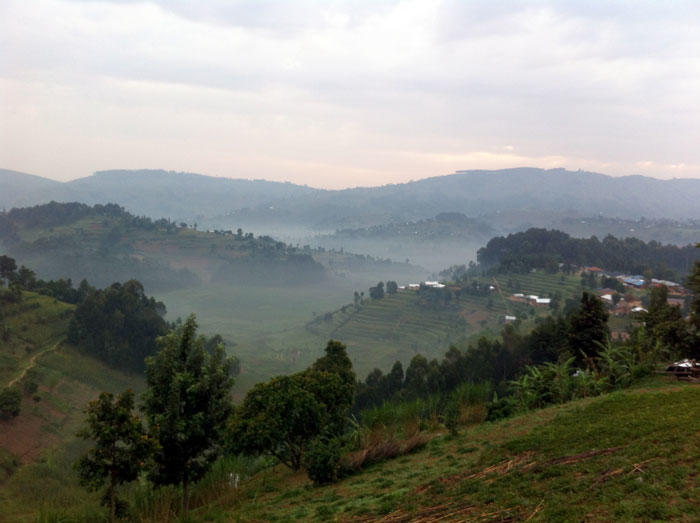A case study in best practices, Rwanda’s commitment to cancer treatment demonstrates how a state can utilize private resources while safeguarding national ownership.

By Darja Djordjevic
Darja Djordjevic, now a postdoctoral fellow in the Weatherhead Scholars Program, worked as a MD/PhD student in the Burera district of Rwanda and in Kigali during 2010–2015 when she was a Graduate Student Associate at the Weatherhead Center. As a medical volunteer, she worked directly on the pilot cervical/breast cancer prevention program in Burera, which was developed through a transnational partnership between the Rwandan government and Partners In Health, an NGO based in Boston. Her ethnographic fieldwork contributes to the yet nascent anthropology of cancer in contemporary Africa.
Last summer, two major pharmaceutical companies, Pfizer and Cipla, reached an agreement to sell sixteen standard chemotherapy drugs at very low cost (purportedly only slightly higher than the manufacturing cost) to six African countries: Rwanda, Uganda, Ethiopia, Kenya, Tanzania, and Nigeria.1 This negotiated deal also included a plan for top American oncologists to simplify cancer treatment protocols, which an IBM team would then make available through an online, open-access tool.
This development signaled an important moment in the politics of global health, one of growing awareness and advocacy around cancer in Africa and the Global South. While this particular deal was a positive and overdue development in the battle long-fought by care providers across the world who look after poor people with cancer, we have to wonder for how long such a deal will last, alongside other pressing concerns. Further, how does this initiative fit into the broader political economy of a profit-driven pharmaceutical industry always in search of new markets, with Africa being a potentially massive one?
... Read more about Global Oncology in Rwanda